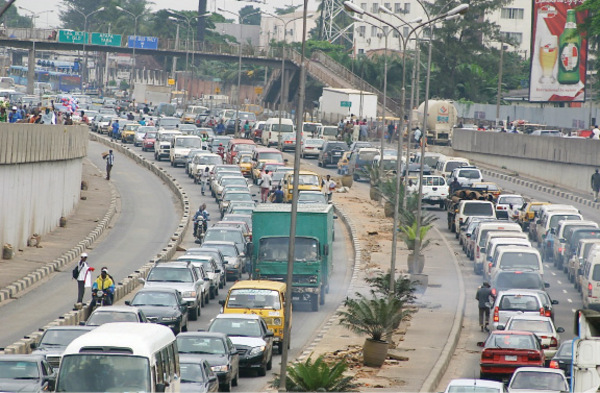Experts have established a global blueprint to better understand climate change, its impacts on cities, and the critical role local authorities play in solving this challenge.

Cities are responsible for some 75% of global CO2 emissions, with transport and buildings being among the largest contributors.
The research agenda was drawn up at the IPCC Cities and Climate Change Science Conference that ended in Edmonton, Canada, on Thursday, March 8, 2018.
“The impacts of climate change are already being felt in our urban areas, and the next few years are critical for determining how effectively we will rise to the challenge of protecting our cities. However, we can’t undertake this work blindly. At this conference we have been able to coalesce around the most important areas of inquiry so we can use precious time and resources in the most efficient and targeted way possible. And this research won’t just help save our cities – it will 1 also improve them for generations to come,” said Seth Schultz, Director of Science and Innovation, C40 Climate Leadership Group, and one of the co-chairs of the conference’s Scientific Steering Committee.
A primary focus of the conference was on the Paris Agreement, the UN’s Sustainable Development goals, the New Urban Agenda, and the Sendai Framework for Disaster Risk Reduction, all of which require cities to implement new sustainable development plans to adapt and respond to climate change.
The range of knowledge gained from the sessions will help chart a course for current and future sources of emissions, urban climate impacts, and pathways for cities to pursue emissions reduction and resilience strategies.
UN Climate Change is also promoting more climate ambition on the part of cities and increased investment in investing in livable, low-carbon, resilient urban development.
The recently launched “Cities and Regions Talanoa Dialogue” provides opportunities to advance governance on climate action, specifically in urban areas. The scheme aims to ensure coordinated action across all levels of government, and will be facilitated by ICLEI -Local Governments for Sustainability with Global Covenant of Mayors for Climate & Energy and UN-Habitat as special partners.
This is part of the wider Talanoa Dialogue launched by the Presidency of the UN Climate Change Conference COP23 in Bonn last year, an important international conversation in which countries will check progress and seek to increase global ambition to meet the goals of the Paris Climate Change Agreement.
The conference was co-sponsored by the Intergovernmental Panel on Climate Change (IPCC) , with nine partners – C40 Cities , Cities Alliance, Future Earth, ICLEI, the Sustainable Development Solutions Network (SDSN), United Cities and Local Governments (UCLG), the United Nations Environment Programme (UN Environment), UN-Habitat, and the World Climate Research Programme (WCRP).
“Years from now we will look back at this conference time in Edmonton and celebrate how the collaboration between the scientific community, policymakers and practitioners helped initiate positive change at the local level. I’m so proud that Edmonton was able to play host to some of the brightest minds on our globe and I’m committed to furthering the efforts that came out of this conference,” said Don Iveson, Mayor of Edmonton.
The CitiesIPCC conference helped forge stronger partnerships among the 750 leaders, innovators, and influencers who registered, and cultivated a collaborative environment among academics, policymakers and practitioners to share new findings, initiatives and programmes. Over 6,000 others from more than 30 countries followed the conference online.
“Business-as-usual will not save the world. This conference disrupted the traditional story of the world’s cities to show how science can partner with policy and practice to transform the world’s cities into climate-smart, equitable and sustainable homes for all,” said Debra Roberts, Co-Chair of IPCC Working Group II, and a member of the conference’s Scientific Steering Committee.
“With the contributions of cities and the risks to cities in the context of climate change loud and clear, solution-oriented knowledge is a must. This conference was a milestone on the way to a collective effort by the science, policy and practice communities to co-create and co-design a global research agenda for the future and for forging partnerships among them,” said Shobhakar Dhakal of the Asian Institute of Technology and one of the co-chairs of the conference’s Scientific Steering Committee.
“This conference is not just a milestone for how the research community thinks about co-designing its priorities with diverse voices from across society. It has also issued a call to strengthen the social sciences so that we can better understand complex questions like the role of informal settlements in addressing climate change. We can only create real transformative changes in cities through research focusing on issues of equity, power distribution, integration of values, and human behaviour,” said Anne-Hélène Prieur-Richard, Global Hub Director, Montreal, of Future Earth and one of the members of the conference’s Organising Committee.
